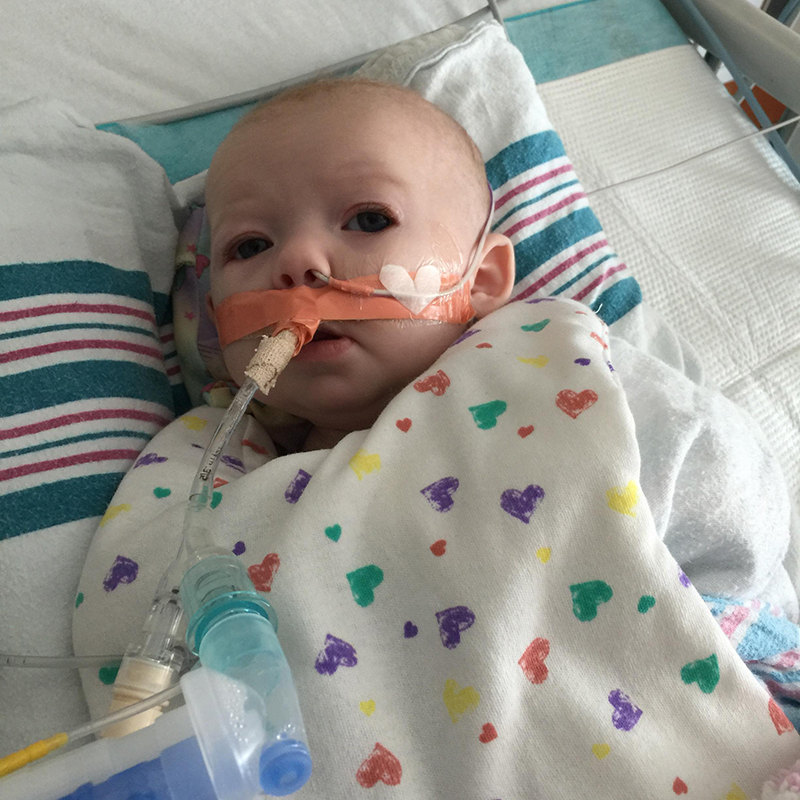A Memphis Dad, who almost lost his baby girl to the Respiratory Syncytial Virus (RSV), posted a picture of his recovering daughter along with a message to other parents on Imgur – to always wash your hands before handling little ones.
He stated that “RSV is no joke. I didn’t know much about it until a week ago when it almost took my daughter from me” In his post, he also detailed how he watched his child suffer from RSV, pneumonia, bronchiolitis, and a partially collapsed right lung.
Fortunately, it seems that his baby is doing much better now.
I can personally attest to this Dad’s feelings, as we spent a week in hospital with my little boy Aidan when he contracted RSV along with bronchiolitis at just 8 weeks of age. It was certainly the scariest time of my life as he was just so tiny and the effect of this virus on his body was just so harsh. Thankfully he responded well to the treatment and he recovered well.
What exactly is RSV?
RSV is a highly contagious virus which infects the respiratory tract of most children before their second birthday. In most cases the infection causes nothing more than a cold but for a small percentage of children, infection with the RSV virus can lead to serious problems such as bronchiolitis – inflammation of the small airways of the lungs or pneumonia which can become life-threatening.
RSV infection usually displays cold like symptoms, including coughing and a runny nose which usually lasts about two weeks.
How can you prevent your baby from getting it?
RSV is easily spread by touching people or surfaces infected with the virus. The following tips may help prevent the spread of the virus to your baby:
- First and foremost & as the Dad plead – wash your hands frequently
- Don’t allow anyone to smoke near or around your baby
- If you have cold like symptoms, avoid kissing your baby
- Try to keep your baby away from anyone who displays cold like symptoms including older siblings.
- Clean and disinfect hard surfaces in your home.
- If possible, try to limit the time that your baby stays in day care, especially from late fall to early spring when RSV is most prevalent.
